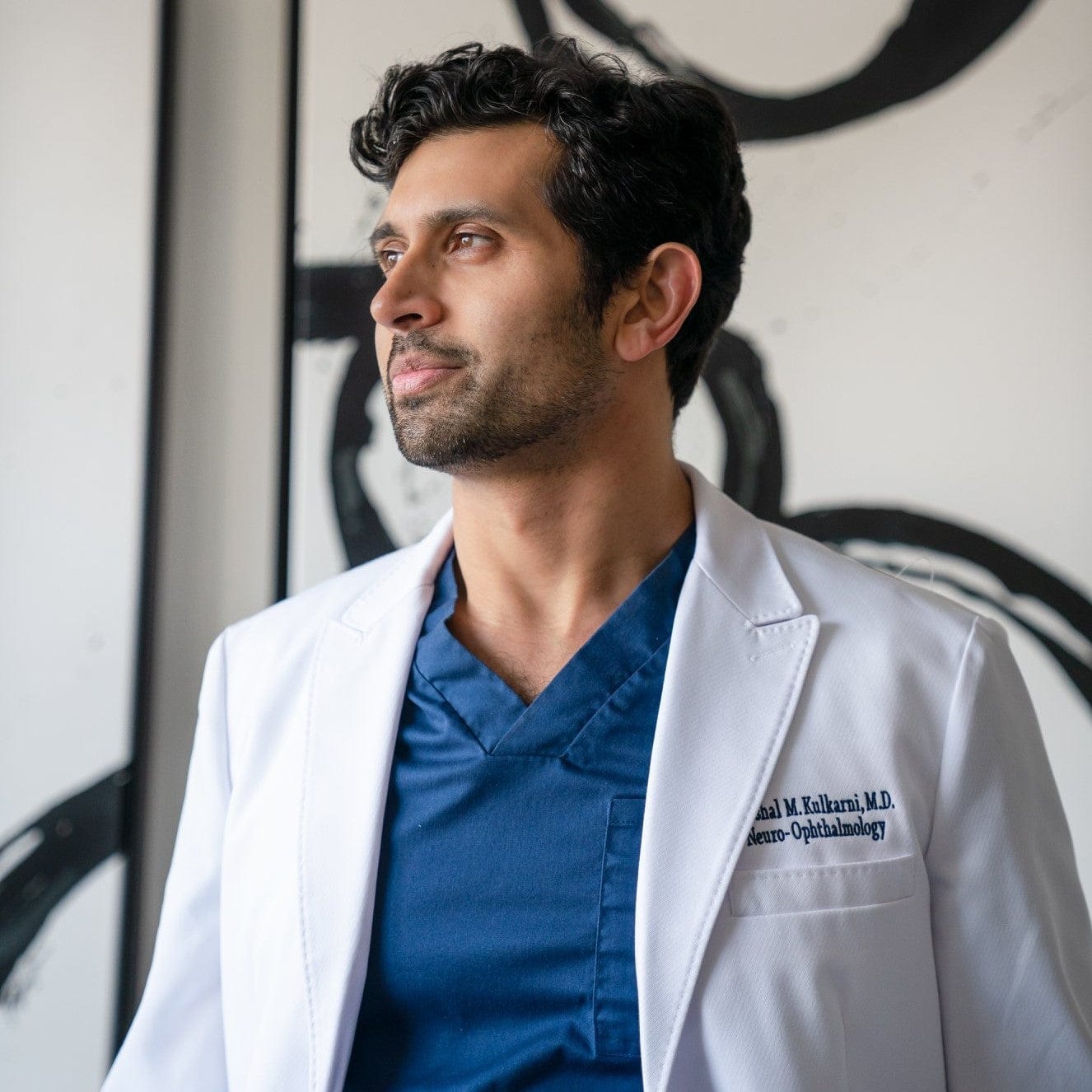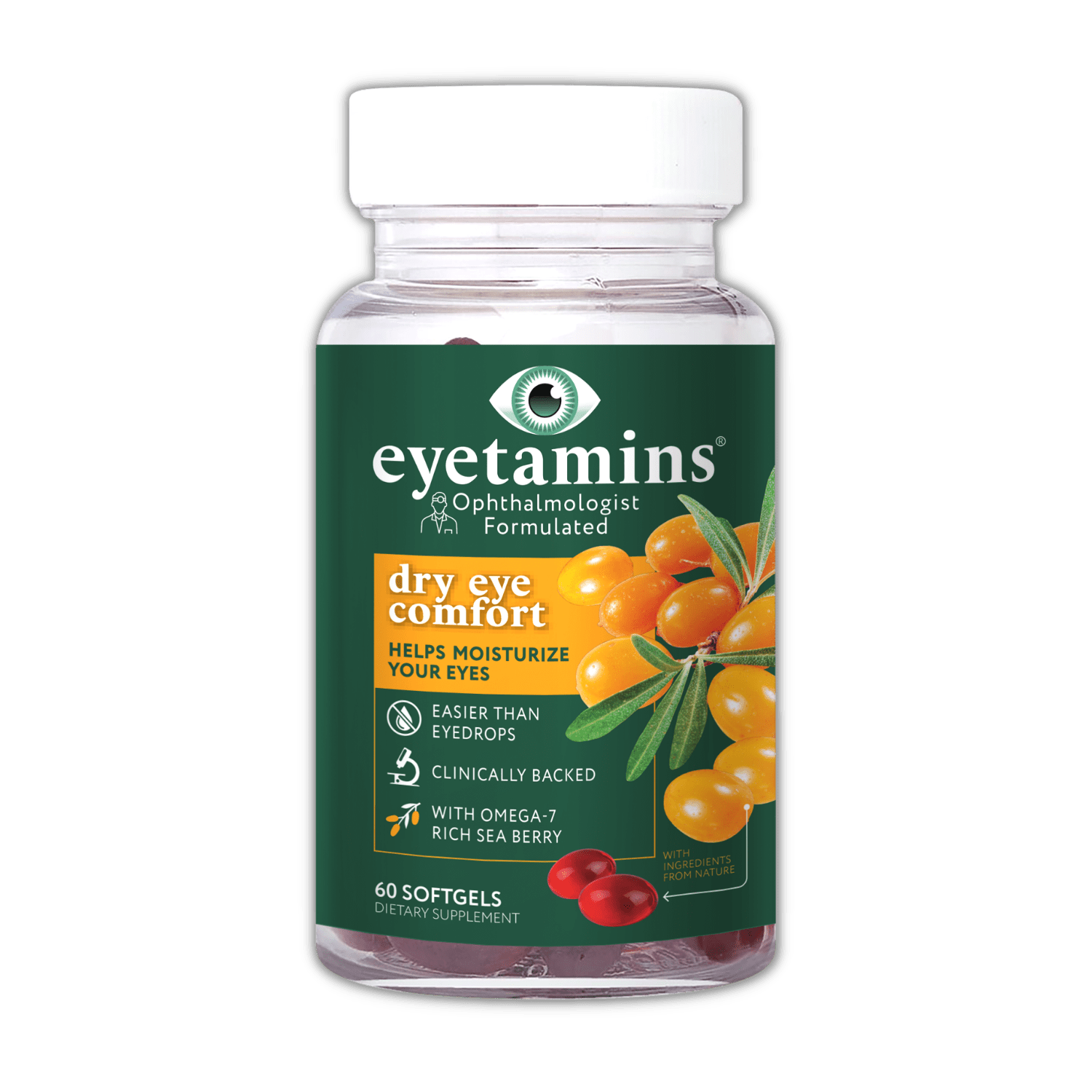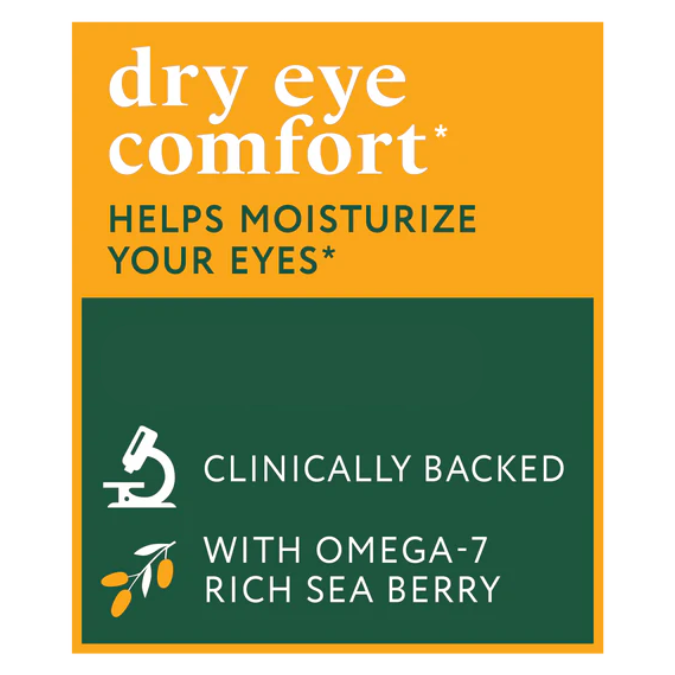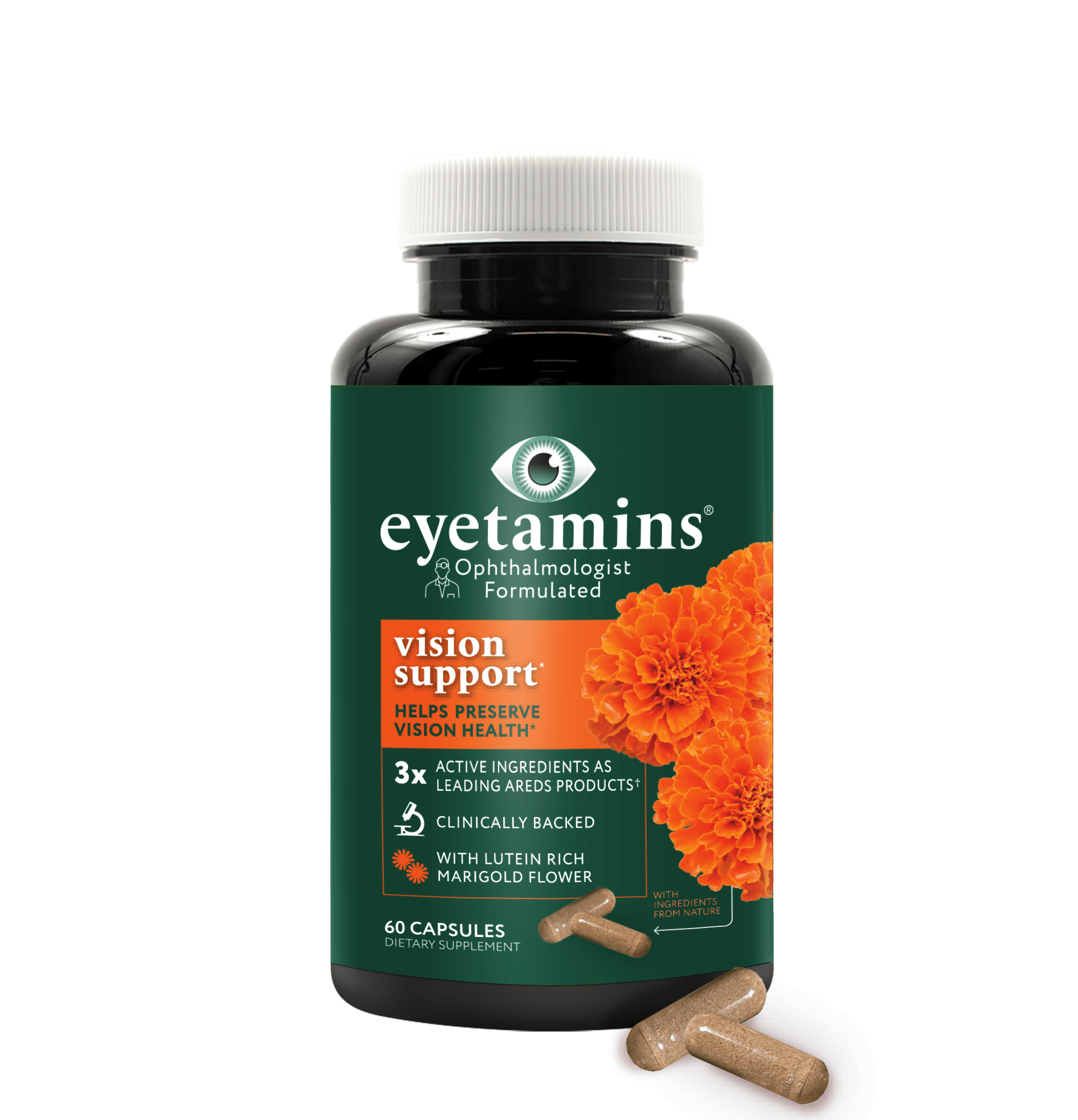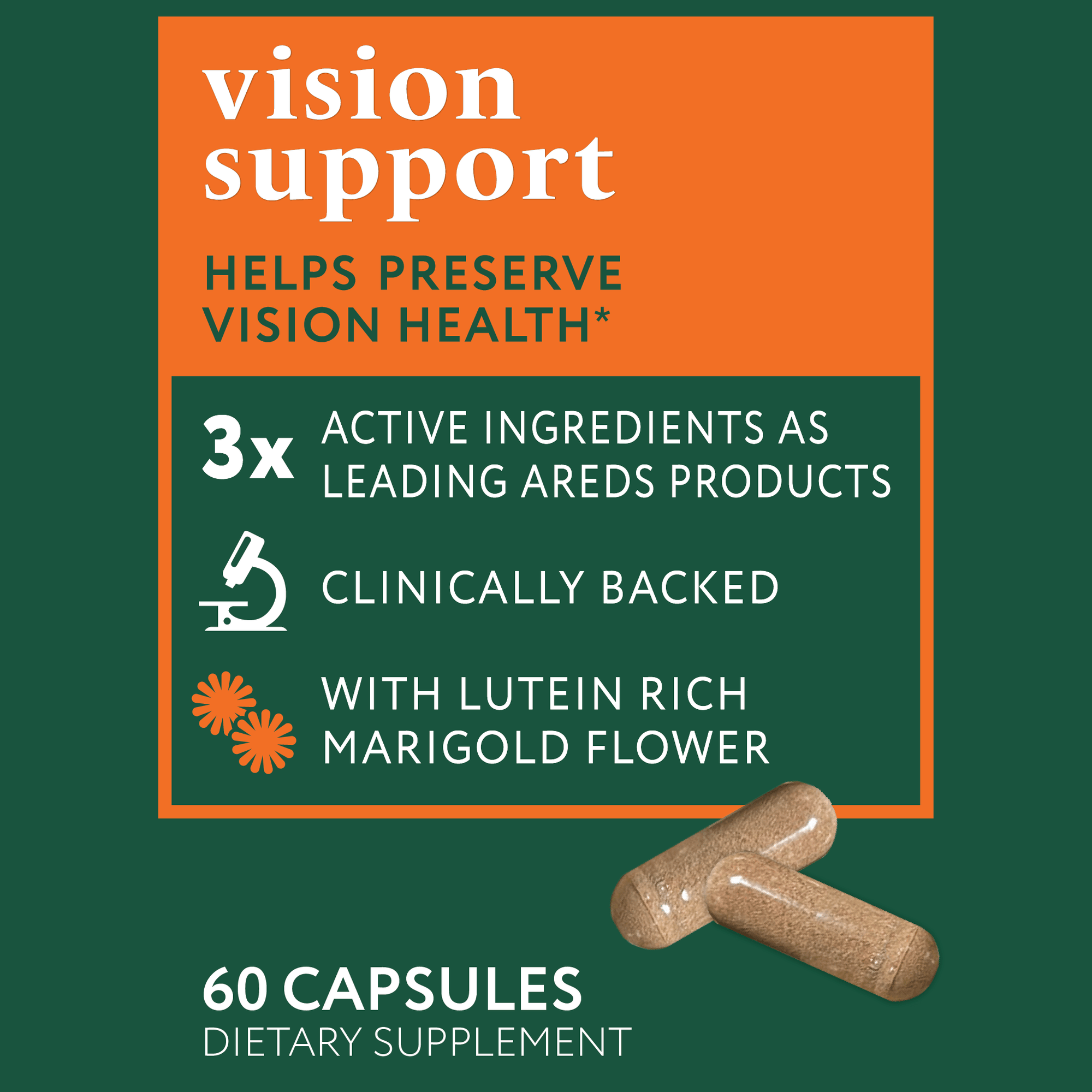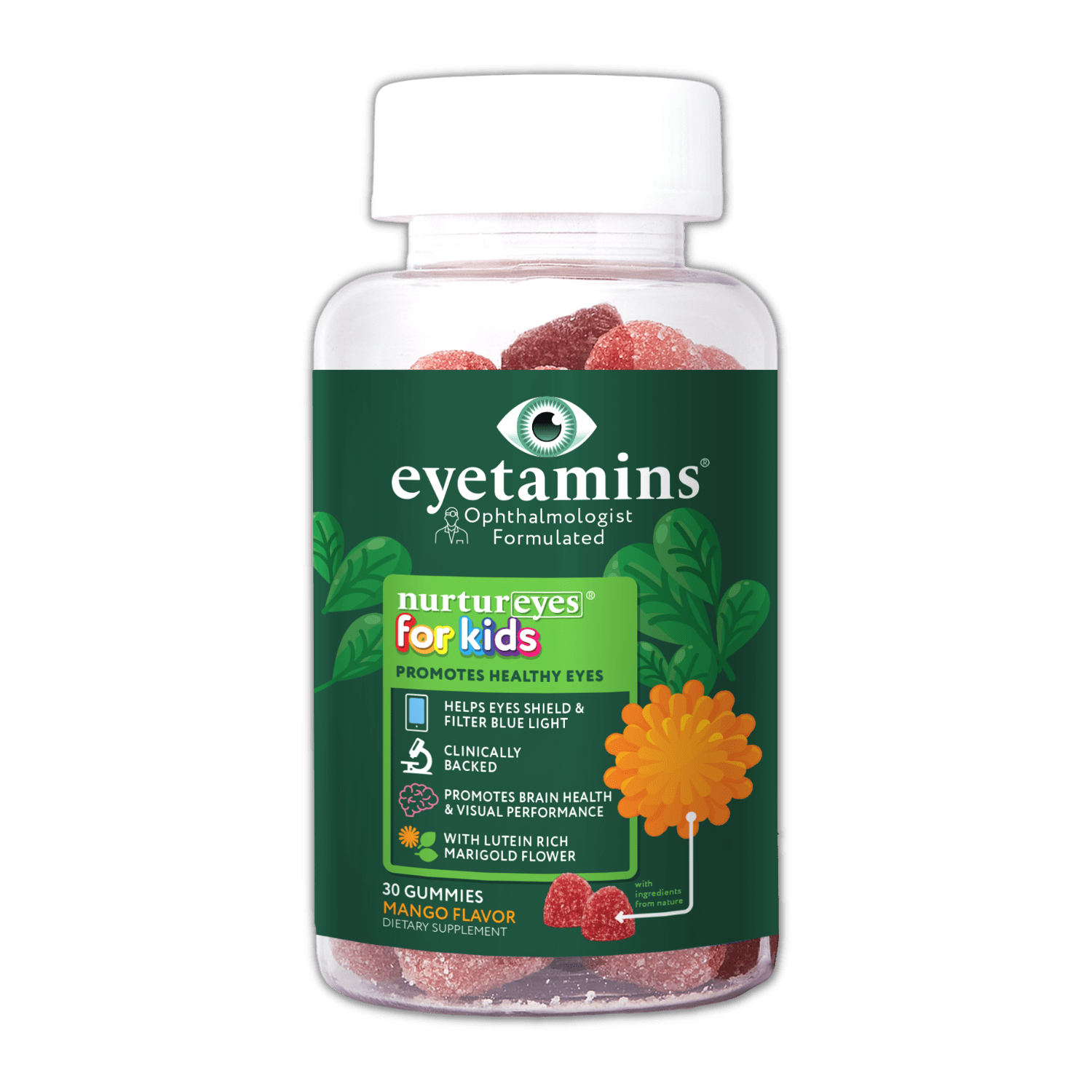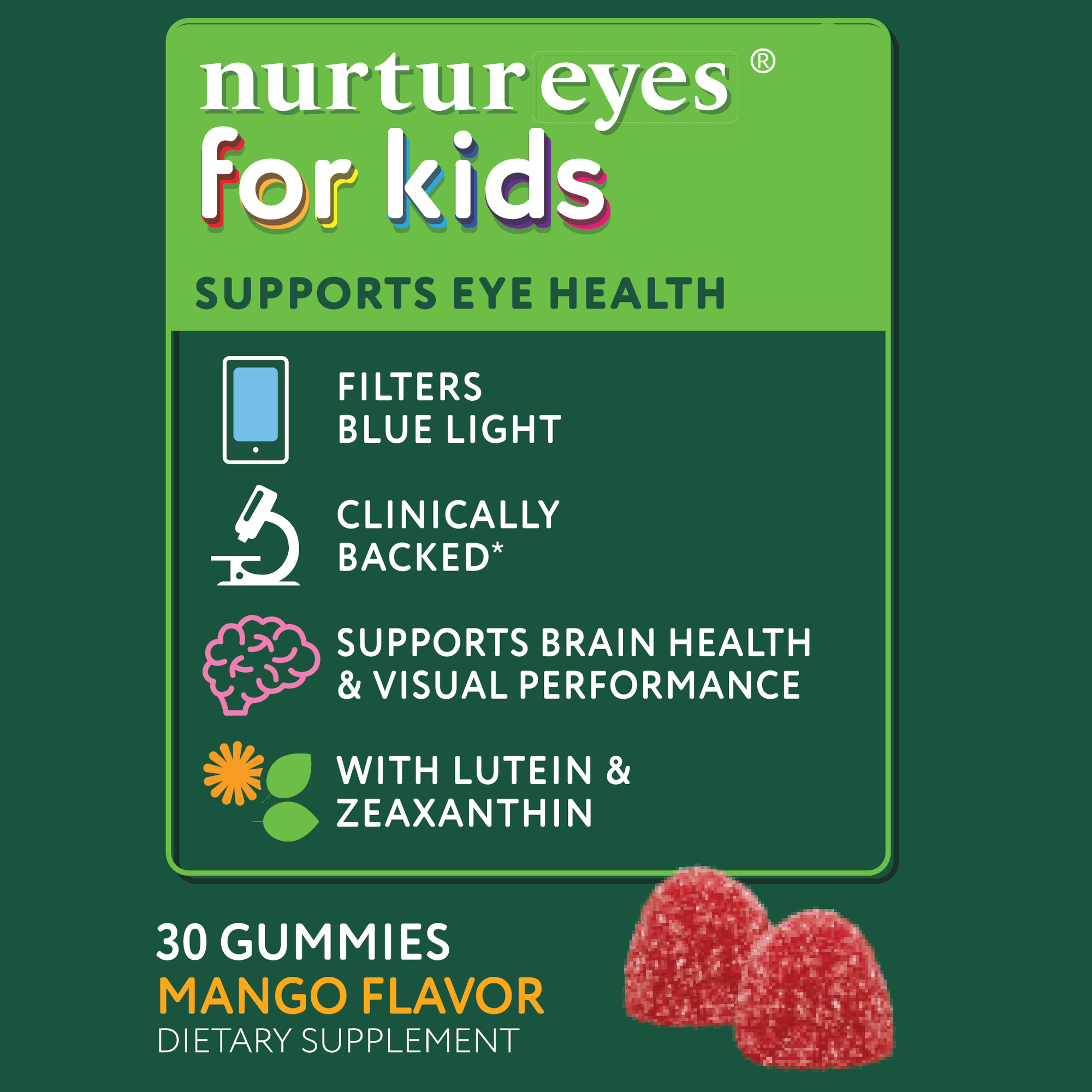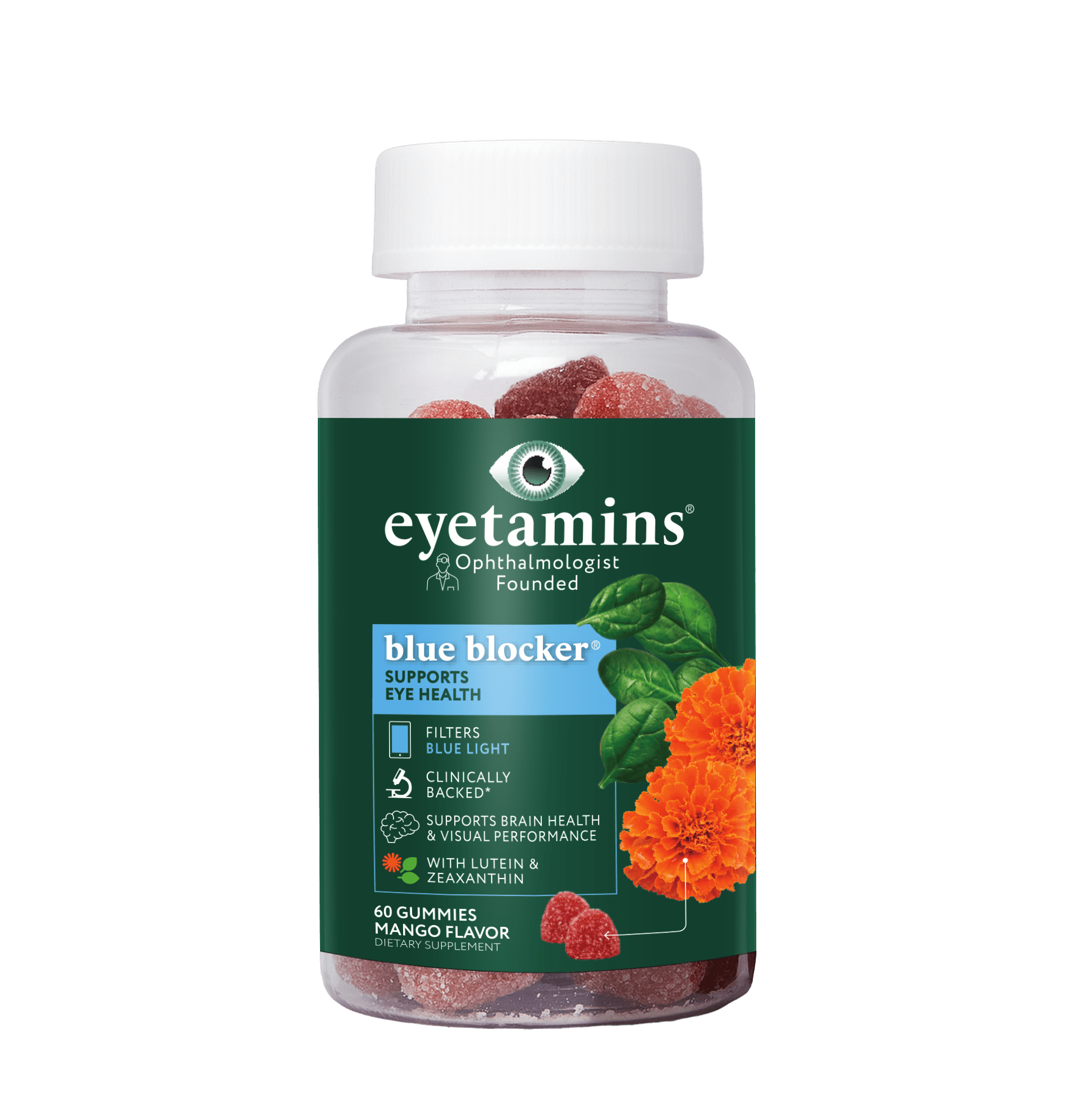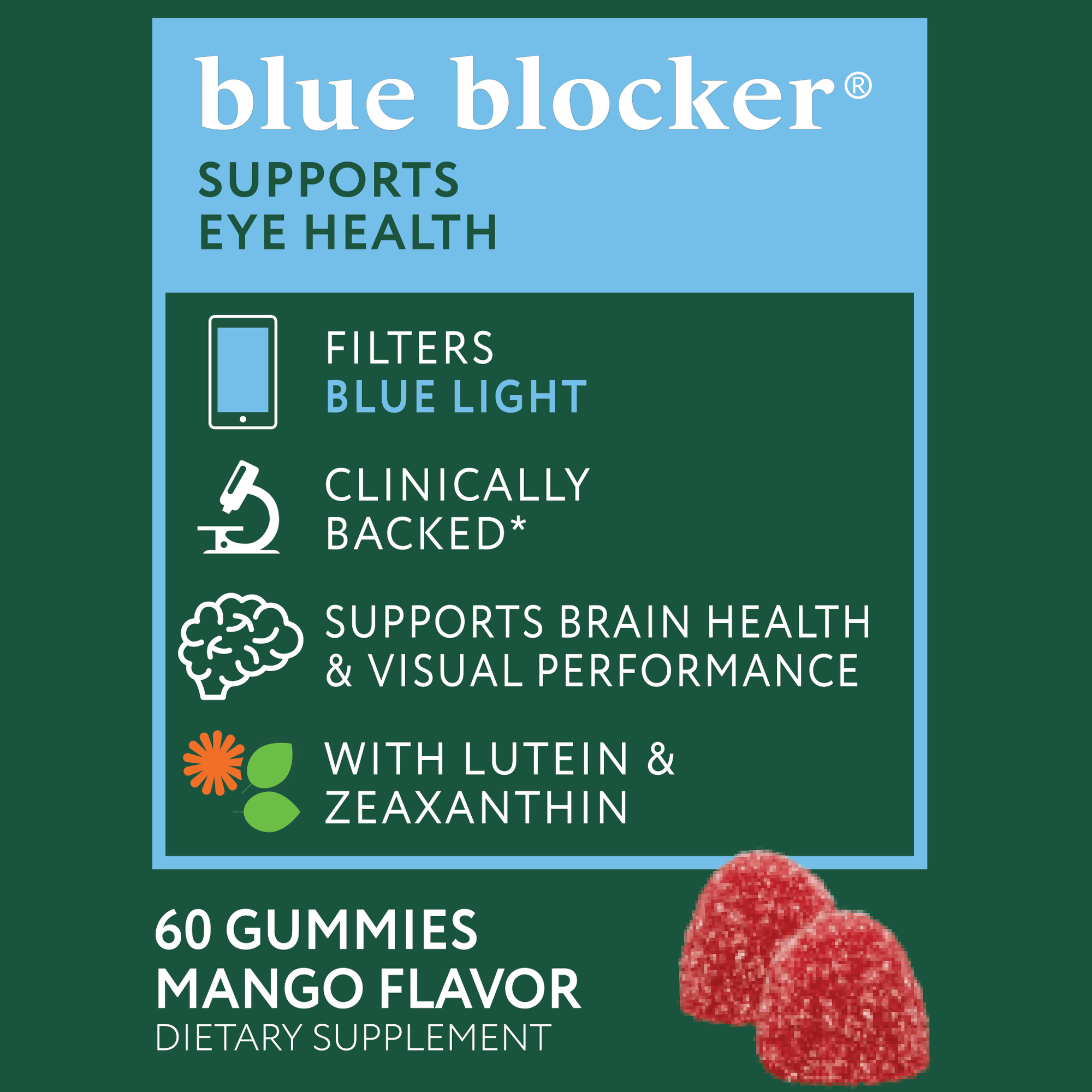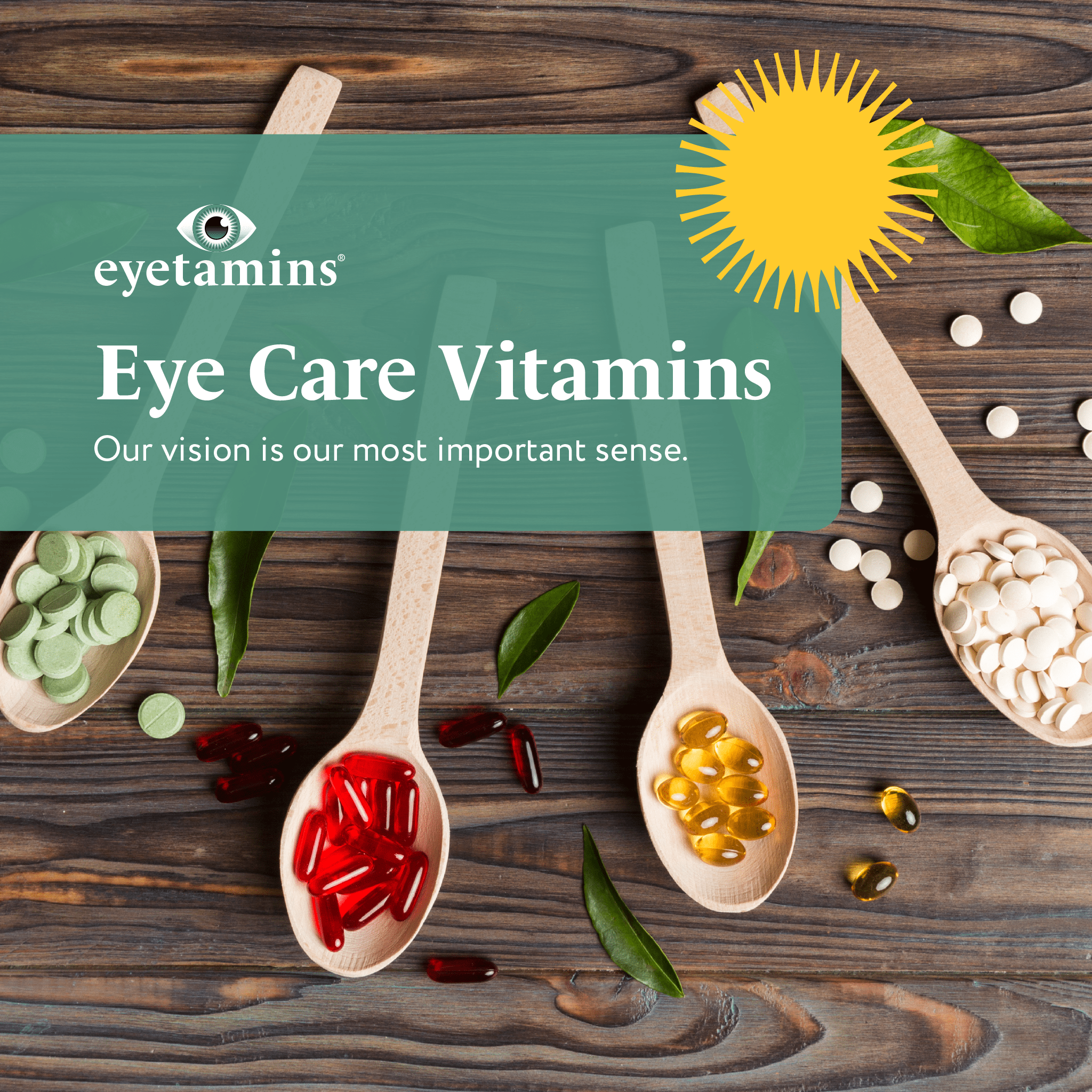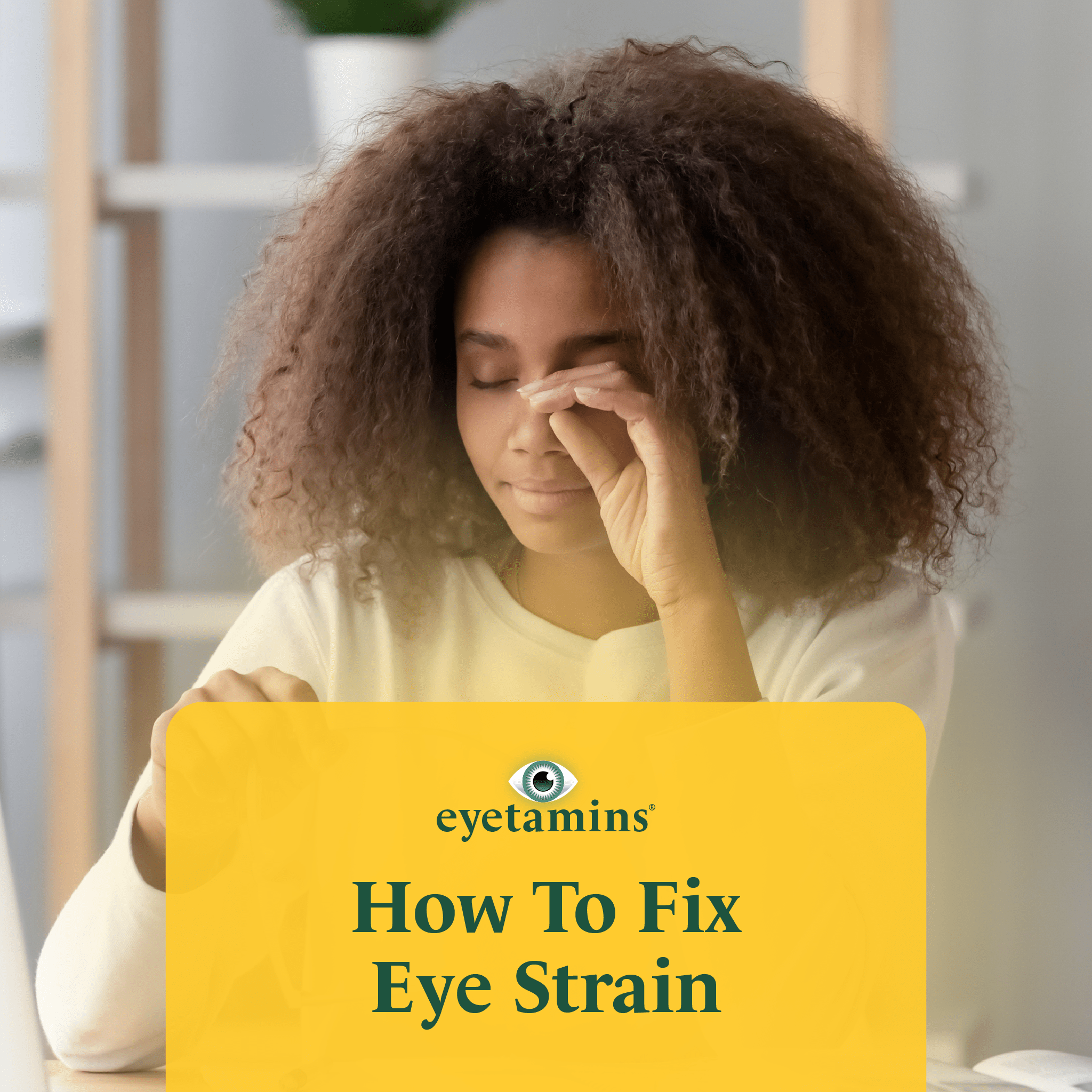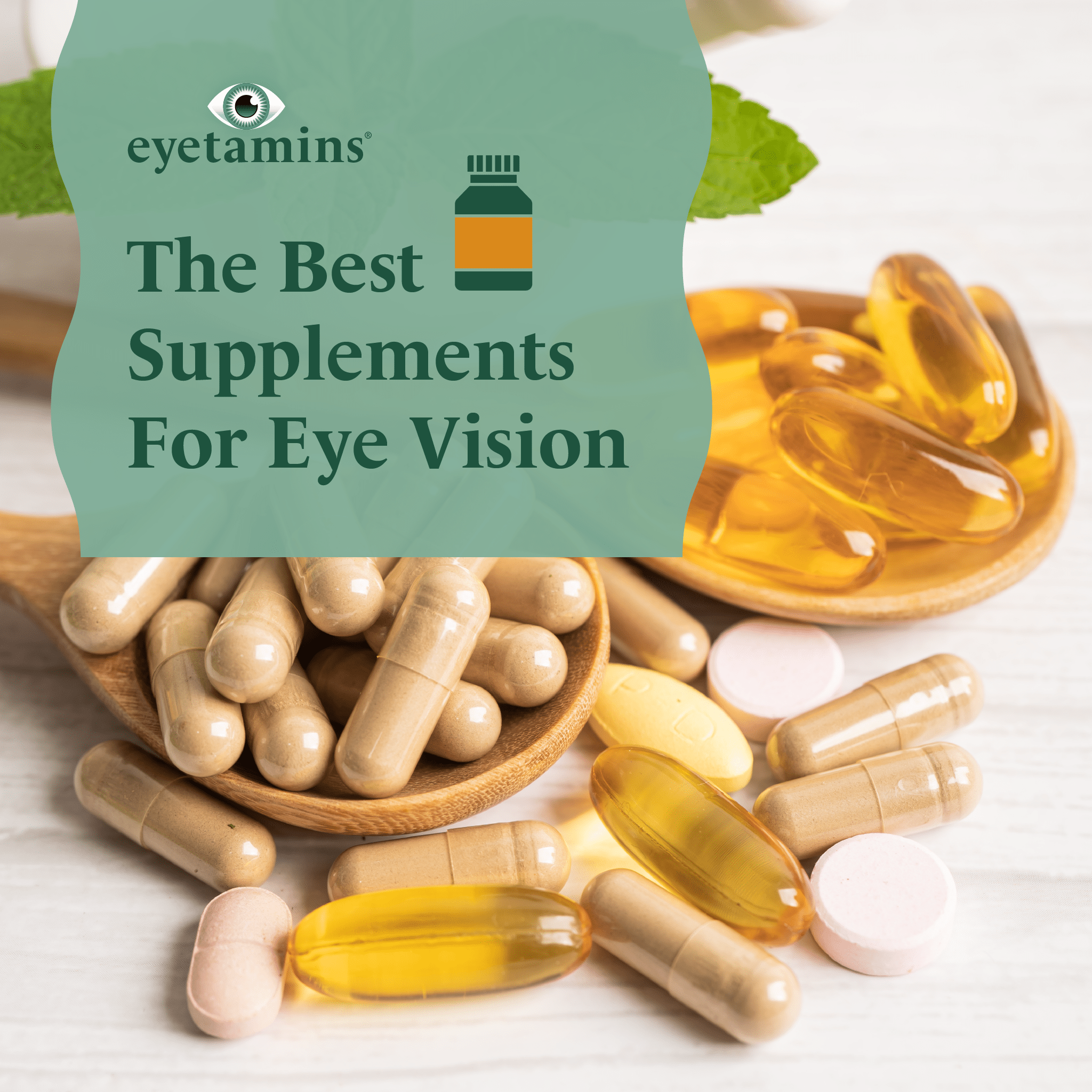· By Kaushal M. Kulkarni, M.D.
The Connection Between Vision and Sleep
You’ve almost certainly felt it: that end-of-the-day kind of exhaustion when your vision blurs, your eyelids feel heavy, and your eyes and brain feel completely out of sync. A good night’s sleep is vital to your health, and this is especially true when it comes to your eye health.
In this article, we take a closer look at the connection between vision and sleep – that is, what is actually happening with your eyes while you sleep, and the effect a lack of sleep can have on your vision.

What Happens to Your Eyes While You’re Sleeping?
As you may already know, your eyeballs move in rapid motion while you sleep, and especially while you dream. Some studies even suggest your eyes move to follow the action in your dreams. However, they don’t process information or communicate with your brain in the same way they do during the hours in which you are awake.
While this may seem like a lot of activity, time spent asleep is actually time your eyes are able to heal and refresh themselves. Specifically, blood flow to your eyes increases, popped blood vessels heal themselves, tears lubricate your eyeballs and remove dust and debris, and the muscles around your eyes relax and refresh.
Sleep Deprived Eyes
Eye doctors (plus medical doctors, psychologists, and other health experts) recommend getting seven to eight hours of sleep per night. This is the amount of time required for your muscles and organs – including your eyes – to properly refresh and reset. Anything less than this, and you are not getting enough sleep. And unfortunately, sleep deprivation can have very negative effects on your eyes and vision.
Signs of Sleep Deprived Eyes
It can take as little as one night of too little sleep for your eyes to show visible signs of tiredness. Two nights or more without shut-eye can begin to affect your vision and overall eye health. Two of the first signs of sleep deprived eyes are dark circles and bloodshot whites. Physical signs include eye twitches or eye spasms, blurry vision, and a general feeling of eye fatigue. You may also feel like you need frequent eye drops to soothe dry eyes.
Eye Issues Related to a Lack of Sleep
Long-term lack of sleep affects your eyes in major ways. Eye strain, chronic redness, and light sensitivity are all very common issues in people who do not get enough sleep. A lack of sleep might also indirectly affect your eyes and vision. For example, people who routinely receive too little sleep often have higher-than-normal blood pressure (hypertension). High blood pressure can damage the delicate blood vessels that transport blood and oxygen to your eyeballs, leading to retinopathy (damage to the retina), bleeding inside the eye, blurred vision, or even blindness.
Take Care of Your Eyes Before Bed
There are a few things you can do before bed to help prepare your eyes for a night of rest.
- Go to bed with a clean face. This will rid your face of any harmful dust and dirt that might make its way into your eyes.
- Take out your contact lenses. When you wear your contact lenses with your eyes closed, you keep your eyeball from receiving the oxygen it needs. Always remove your contact lenses and place them in a proper cleaning solution overnight.
- Avoid screens like your mobile phone, computer, or television. Screens emit blue light which triggers the brain to stay awake, and that isn’t very helpful for eye health.
If you must look at a screen before sleeping, then consider a blue light-blocking supplement that both protects your eyes and encourages restful sleep. If you have trouble sleeping or suffer from a sleep disorder, then it is vital to your eye health that you take advantage of any resources that may help you regularly achieve a full night’s rest. And of course, always make sure you are scheduling regular eye exams.
People Also Ask
1. Does sleeping improve eyesight?
Sleeping indirectly improves eyesight. Specifically, sleeping allows the eyes to rest and refresh, a process by which the cells in the eye are restored and replenished. Healthy eye cells mean better functioning eyes and better vision.
2. Does staying up late affect your eyesight?
If you do not give your eye muscles time to relax, such as when you stay up late at night, then you are likely to experience some vision problems. Slower eye movements, dry eye, red eye, and blurred vision are all likely when you stay awake longer than you should.
3. How many hours of sleep are needed for good vision?
Eye doctors and other medical professionals recommend adults get 7-8 hours of sleep per night. Children should get 10-12 hours of sleep per night.
4. Can too much sleep affect your vision?
Sleep is vital for eye health, but it is possible to have too much of a good thing. Recent studies have found a possible connection between longer sleep durations, chronic dry eyes, and even vision problems.
Conclusion
Sleep and vision go hand-in-hand when it comes to overall eye health. Eye doctors recommend you get seven to eight hours of sleep per night in order to allow your eyes time to relax, heal, lubricate, and refresh. Consistent sleep deprivation can have seriously negative effects on your eyes and vision. Stay up too late too often and you may begin experiencing eye redness, blurred vision, dry eyes, or more serious conditions.

